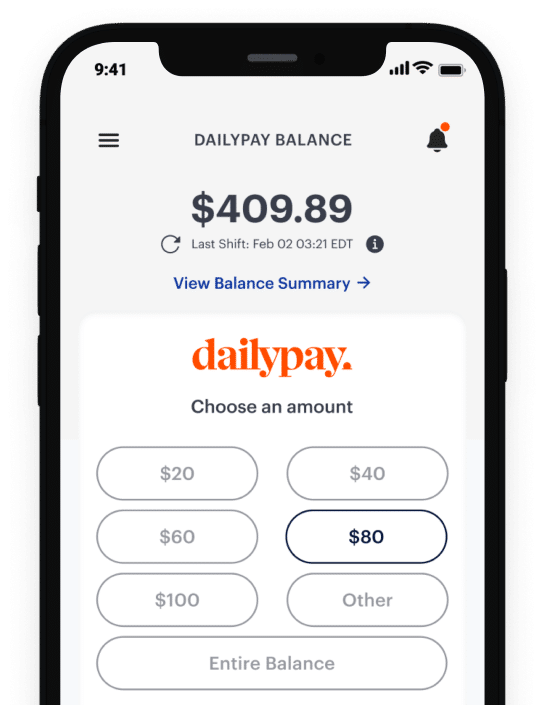Identity theft is alive and well in the United States. A recent study by Javelin Strategy & Research zeroed in on two different kinds of identity fraud:
- Traditional identity fraud: When someone illegally uses another person’s information to steal money.
- Identity fraud scams: When fraudsters influence victims to share their personal information.
In 2021, these two types of identity fraud resulted in $52 billion in losses and affected 42 million adults. As the old saying goes, an ounce of prevention could be worth a pound of cure. Read on for a few simple steps to take that may protect you from identity theft.
Keep your personal information private.
It sounds obvious, but never share your personal identifying information or financial details with anyone—especially if someone is demanding it over the phone. The IRS, for example, will never call you regarding a bill without sending it in the mail first. The government agency warns consumers about scams where criminals pose as the IRS and ask for payment information by phone. In some cases, the fraudster may even threaten to have you arrested if you don’t comply. This is a classic IRS impersonation scam that should be reported.
You might also steer clear of using public Wi-Fi to do your banking, as the connection may be susceptible to hackers. Using a secure VPN or your mobile data could provide an additional safeguard. Beyond that, be mindful of how you dispose of paperwork that displays your personal information. Old bills, account statements, and expired credit cards should be shredded so they don’t fall into the wrong hands. Another smart move is collecting your mail every day if you have an unsecured mailbox. Leaving it in your mailbox could leave you vulnerable to mail identity theft. Someone could steal and cash checks, or obtain documents that contain personal identifying information.
People close to you could also take advantage of your relationship and steal your information. It’s called familiar fraud and it’s exactly what the name implies. Be sure to keep your bank information, usernames, passwords, Social Security number and other sensitive information private.
Check your credit report.
When you open a loan or line of credit in your name, your monthly payment history and account details are typically reported to the three main credit bureaus (Equifax, Experian and TransUnion). Each one maintains their own credit report. The information on these reports is what determines your credit score. The Consumer Financial Protection Bureau (CFPB) recommends checking your credit report at least one per year. You can access your reports for free every twelve months from all three credit bureaus at AnnualCreditReport.com.
The CFPB also recommends looking out for things like:
- Accounts you don’t recognize
- Errors on your personal information
- Inaccurate balances, wrong credit limits, or accounts listed more than once
- Incorrect delinquencies or derogatory remarks
If you come across any issues on your credit report that could indicate identity theft, be sure to dispute them with each of the credit bureaus to have them removed. Doing so can also help restore your credit score if it’s been damaged by fraud.
Consider freezing your credit.
Lenders generally run a credit check before approving you for new credit. A credit freeze prevents them from accessing your credit information—so if an identity thief tried to open a fraudulent account in your name, their application would be denied. You can simply lift the freeze whenever you’re applying for credit yourself.
Credit freezes are free and can be initiated with each of the three credit bureaus. They can be an effective preventative measure against identity theft, and can also be useful in stopping further damage if you’ve already been victimized. Below are instructions for doing it with each bureau:
What to do if you’ve been victimized.
If you are the victim of identity theft, take action as soon as possible. You’ll want to report it to each company where the fraud took place. You can also file an official report with the Federal Trade Commission (FTC). They can help you create a personal recovery plan, walk you through each step, and track your progress. You should also consider filing a police report. According to the FTC, some businesses may require proof that you filed a police report before they will remove fraudulent debts from your accounts.
Beyond that, you should consider updating your passwords and freezing your credit. You can also be extra vigilant about checking your account activity going forward.

